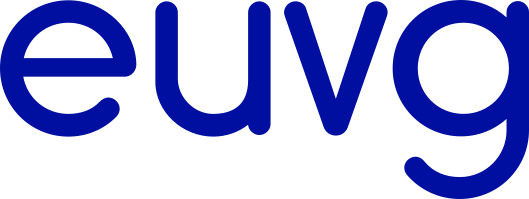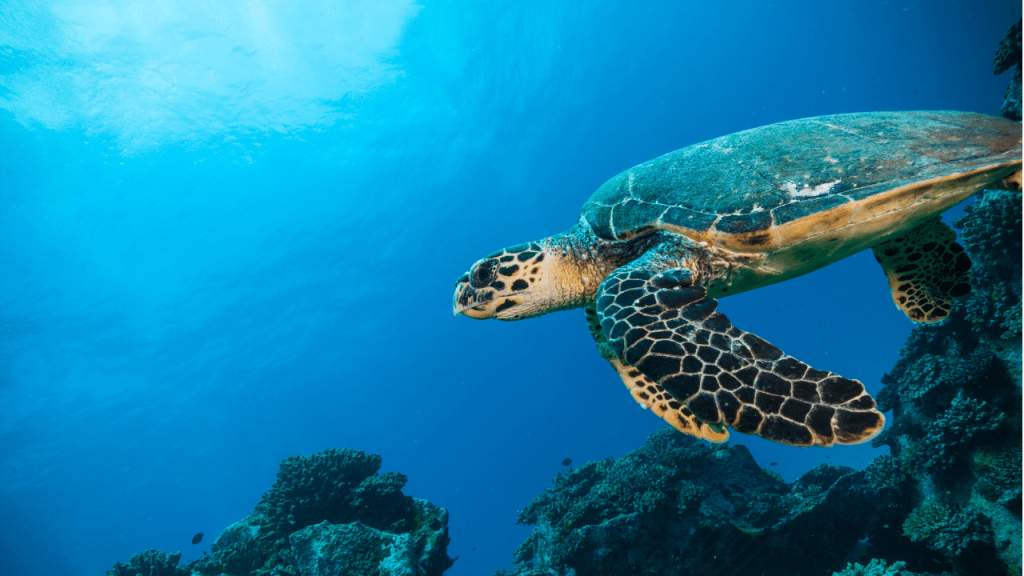Wildlife Conservation Medicine
- Specialist speakers
- English
- November - March
- 5 modules
- 100% Online
- 16 hours of session per topic
- Opportunity to pay in 4 installments
Presentation
Wildlife conservation operates at an epicenter where human, animal, and environmental health converge, giving it special relevance in safeguarding global health, animal welfare, and human well-being.
In the upcoming academic year, EUVG will launch a new postgraduate program in “Wildlife Conservation Medicine” that, through an integrated perspective on wildlife health, aims to provide students and professionals in the field with a specific set of skills necessary to fulfill a critical role as agents of global health, or “One-Health.”
The study program has been designed in alignment with the learning objectives of the European Colleges’ specialties (ECZM and ECAWBM) and will feature diplomate lecturers in all modules, with the goal of providing a solid introduction to the specialization in the field of conservation medicine.
Graduate Coordination
Skills
- Recognize and discuss the interconnections between human, animal, and environmental health
- Manage infectious diseases at the interface between animals, humans and the environment
- Collect, analyse and interpret data to inform decision-making in at the human-animal-environment interface
- Determine a sampling strategy for a surveillance system
- Transform raw data into actionable knowledge and ultimately, actionable wisdom
- Recognize the anatomical and physiological characteristics relevant to avian conservation medicine
- Design a safe and effective plan to capture, contain and transport wild birds
- Assess, diagnose and treat diseases in wild birds
- Implement preventative and mitigating measures
- Evaluate and interpret scientific evidence in the context of avian conservation medicine
- Design a safe capture, restraint and immobilization plan for reptiles
- Perform examinations, and establish a diagnosis and treatment plan for reptile diseases
- Perform a necropsy and recognize pathological lesions in reptiles
- Design a safe capture, restraint and immobilization plan for amphibians
- Address health issues in amphibian conservation
- Establish priorities and make clinical decisions in marine wildlife conservation
- Incorporate knowledge in animal welfare and behavior into marine wildlife medicine
- Recognize ecologically relevant diseases of fish, marine birds and marine turtles
- Perform necropsies and clinical and diagnostic procedures in marine animals
- Plan ahead for special challenges of marine mammal patients
- Recognize and manage priorities in mammal conservation medicine
- Design safe and effective capture and restraint plans for wild mammals
- Assess, diagnose and treat relevant diseases in wild mammals
- Design quarantine protocols and preventative plans
- Integrate community engagement into conservation medicine
Lecturers
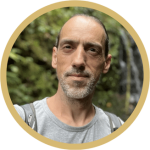
Tom Hellebuyck
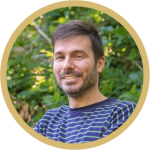
Gonçalo Rosa
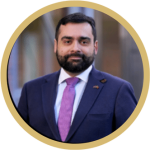
Carlos Gonçalo das Neves
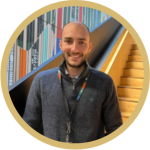
Luís Pedro Carmo
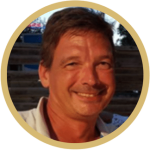
Manuel Garcia Hartmann
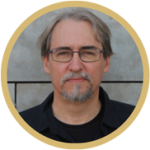
Nuno Marques Pereira
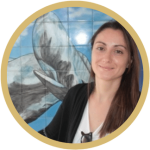
Carolina Bento
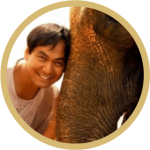
Norin Chai
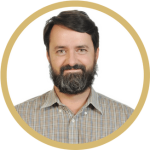
Jorge Soares
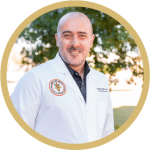
João Brandão
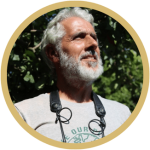
Ricardo Brandão
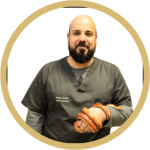
Hugo Lopes
Limited number of places available.
